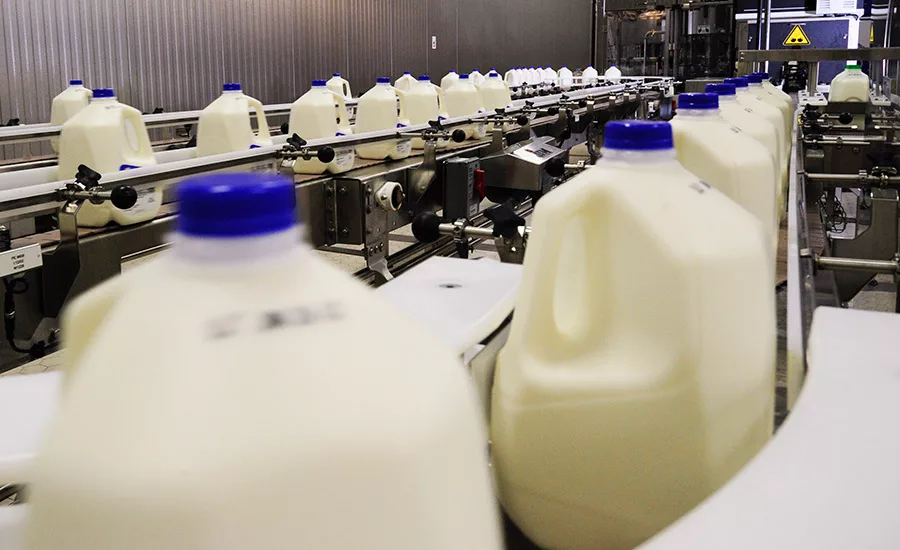Take a proactive approach to reduce recall risks
By putting the right programs and procedures in place, dairy facilities could help prevent cross-contact and contamination that lead to costly recalls.

In 2017, there were more than 400 food recalls in the United States. Undeclared allergens and/or improper labeling led the charge as the primary source. Pathogenic organisms from Listeria Monocytogenes and Salmonella and foreign materials came in second and third, respectively.
While that number includes more than just dairy-related recalls, it highlights the reality that recalls are a threat to any company producing foods or beverages.
Recalls cost money and threaten the reputation of the dairies that institute them. The best defense is to be proactive by putting programs and procedures in place to prevent cross-contact and contamination. The following “core” methods, in addition to proper education and training of personnel, will significantly reduce the probability of a recall.
Undeclared allergens and labeling
The risk of a recall for undeclared allergens or improper labeling can be reduced with a well-developed allergen control program. This includes:
- Identification of all allergens in the facility, including all ingredients and finished goods.
- A thorough review of all ingredients at receipt.
- A robust supplier approval program, including an understanding of the allergens used in the supplier’s facility.
- Stringent ingredient storage practices that provide the segregation of all allergenic ingredients and products.
- Validated and verified cleaning procedures for all equipment, including preoperational inspections.
- In-depth label review programs for the development and verification of labels at receipt.
- Package and label verifications at filling to ensure the correct packaging and labels are used.
Pathogenic contamination
The risk of pathogenic contamination can be reduced through a validated and verified equipment sanitation program, an environmental cleaning and monitoring program and a traffic and zoning program. The sanitation program includes:
- Validated sanitation standard operating procedures (SSOPs) for equipment cleaning.
- A master sanitation program.
- Verification of cleaning and sanitizing through chemical concentration checks, temperature checks, chart reviews and visual observation of the cleaning task.
- Preoperational inspections, including visual observations or other means such as swabbing.
The environmental cleaning and monitoring program includes:
- Validated SSOPs for environmental cleaning.
- An environmental monitoring program that includes scheduled swab locations and frequencies.
- Corrective actions for positive results, including cleaning, re-swabbing and vectoring procedures.
- The identification of niches and other potential microorganism harborage locations as a part of the corrective actions.
The traffic and zoning program includes:
- The control of traffic, vehicles or personnel entering the facility.
- A footwear and clothing policy designed to reduce or eliminate contamination.
- The potential for zoning plant areas to reduce the introduction of microorganisms from raw to pasteurized areas.
Foreign materials
While foreign materials are a lower threat, there still have been incidents of such recalls in dairy products. Foreign material controls include:
- Preventative maintenance programs.
- Preoperational inspections of equipment.
- Verification that sieves, screens, filters, metal detectors and X-rays are intact and operating properly.
- Good manufacturing practices.
Looking for quick answers on food safety topics?
Try Ask FSM, our new smart AI search tool.
Ask FSM →







